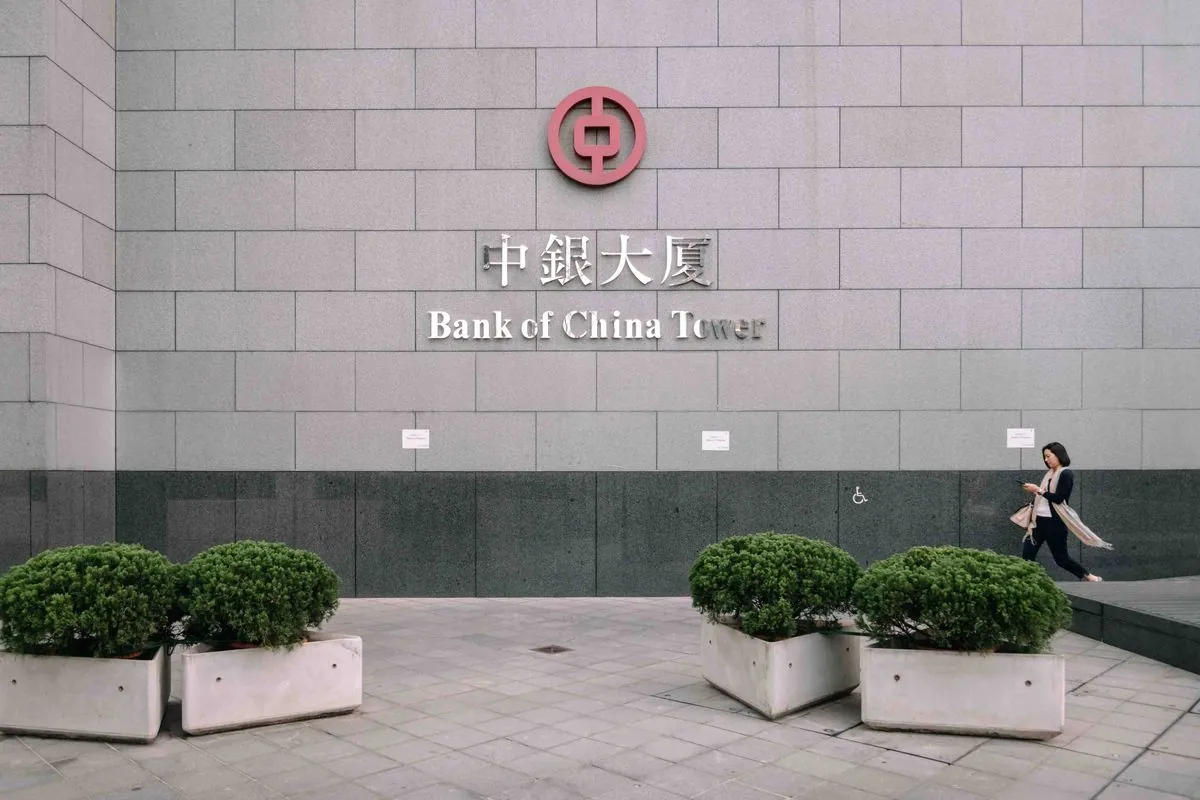China Mulls Massive Capital Injection into State Banks to Bolster Economy
China considers injecting 1 trillion yuan into state banks to support its struggling economy. This move, part of broader stimulus measures, aims to boost lending capacity and revitalize markets.

In a significant move to address its economic challenges, China is contemplating a substantial capital injection of up to 1 trillion yuan ($142.39 billion) into its major state-owned banks. This initiative, reported by Bloomberg News, is part of a broader set of stimulus measures introduced by Beijing to reinvigorate the nation's flagging economy and stagnant markets.
The proposed funding, primarily sourced from the issuance of new special sovereign bonds, marks a pivotal moment in China's economic strategy. This would be the first instance since the 2008 global financial crisis that the Chinese government has taken such a step to bolster its leading financial institutions.
China's banking sector, dominated by state-owned commercial banks, has been grappling with numerous challenges. The "Big Four" state-owned banks - Industrial and Commercial Bank of China, China Construction Bank, Agricultural Bank of China, and Bank of China - have been facing shrinking profit margins, declining profits, and an uptick in non-performing loans. These issues stem from the overall economic slowdown and an unprecedented crisis in the property sector, which has been a significant driver of China's economic growth in recent decades.

The property market downturn, ongoing since 2021, has significantly impacted the banking sector's performance. In the second quarter of 2023, four of China's five largest lenders reported lower profits after complying with government directives to reduce lending rates in an effort to stimulate weak loan demand.
"This potential capital injection reflects the government's commitment to stabilizing the economy. It's a clear signal that Beijing is willing to take significant steps to support its banking system and, by extension, the broader economy."
The National Financial Regulatory Administration (NFRA), established in 2023 to oversee China's financial sector, has not yet responded to requests for comment on this reported plan.
China's economic reforms, which began in 1978 under Deng Xiaoping, have led to remarkable growth, making it the world's second-largest economy by nominal GDP. However, recent years have seen a slowdown in GDP growth compared to the rapid expansion of the 2000s. The government has implemented various stimulus measures in the past to boost economic growth, and this potential capital injection aligns with that approach.
The news of this possible financial intervention has had a positive impact on Chinese markets. The CSI300 blue-chip index, which tracks the top 300 stocks traded on the Shanghai and Shenzhen stock exchanges, reversed early losses and traded 0.35% higher. Similarly, Hong Kong's Hang Seng Index gained 1.5%. The Chinese yuan, which joined the IMF's basket of reserve currencies in 2016, also extended its gains, appreciating 0.12% to 7.0241 in the onshore market.
As China navigates these economic challenges, the role of state-owned enterprises remains crucial. The banking sector's assets reached over 300 trillion yuan by the end of 2022, underscoring its significance in the nation's financial landscape. However, the rising debt-to-GDP ratio over the past decade has prompted the government to promote deleveraging to reduce financial risks.
This potential trillion-yuan injection into state banks represents a significant step in China's ongoing efforts to balance economic growth with financial stability. As the situation develops, the global financial community will be closely watching the impacts of these measures on China's economy and its ripple effects on international markets.


































